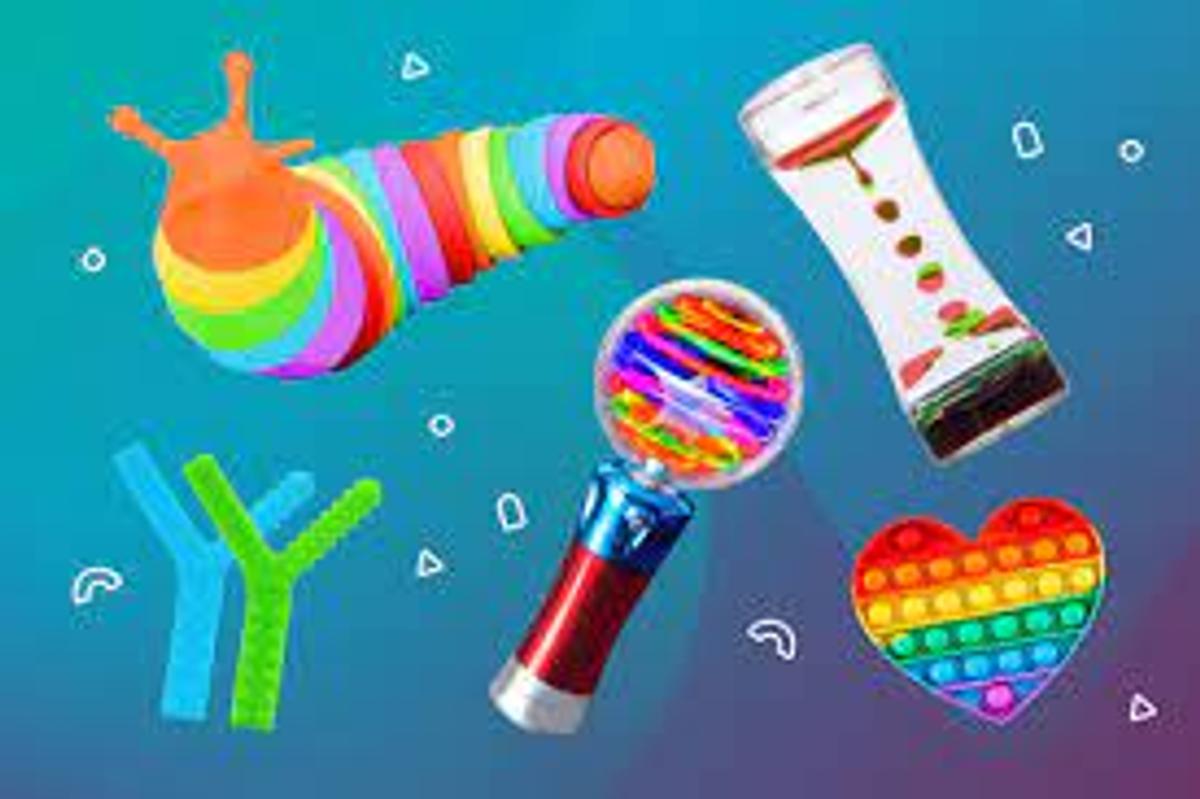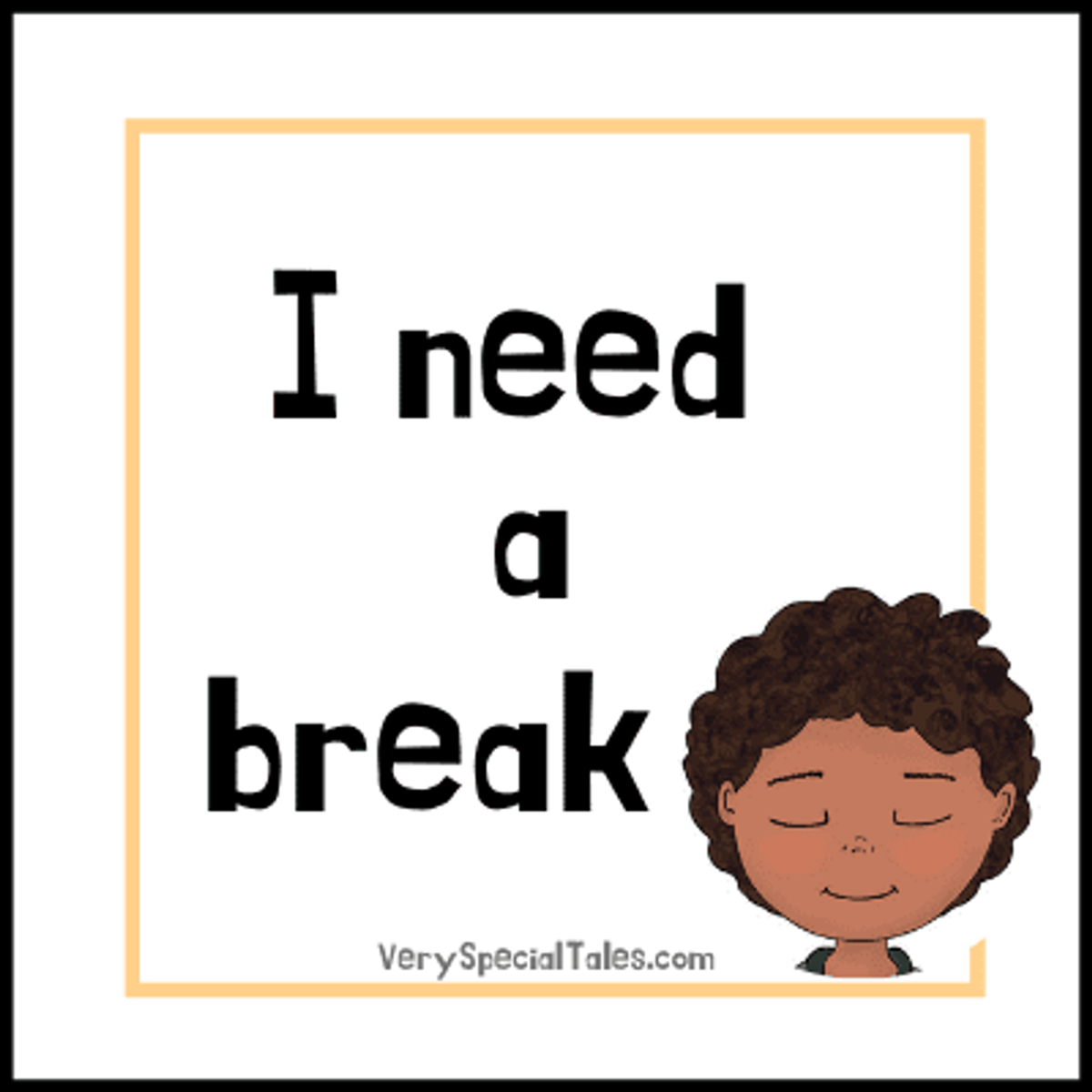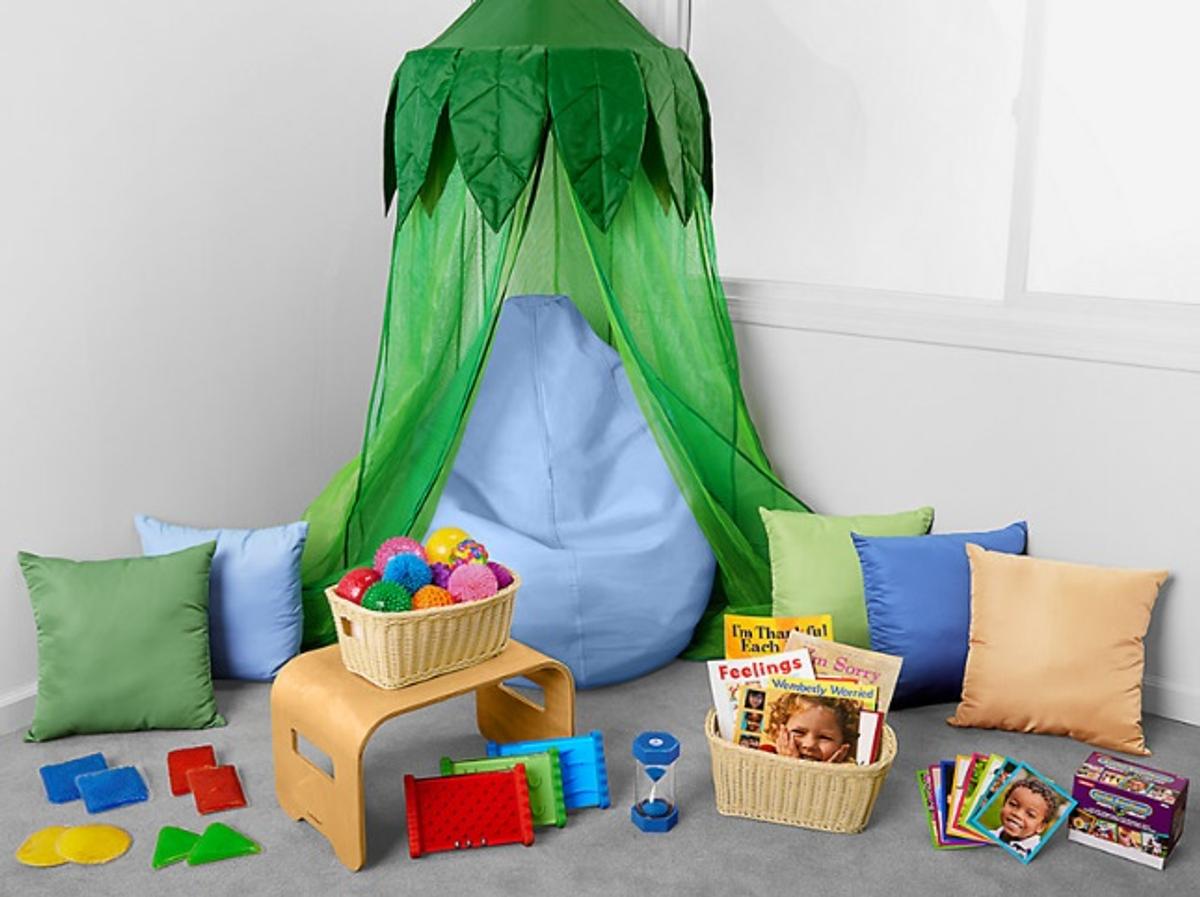From the Wellbeing team

Autism Inclusion Teacher
In 2023 an Autism Inclusion Teacher was appointed in every public primary school as part of an initiative to build educator understanding and knowledge around supporting autistic children and young people.
Alison Warner will continue to work in this role 1 day per week this year. In each newsletter, Alison will share information and strategies to support students who are neurodiverse. Please don't hesitate to reach out to Alison if you have any questions or concerns.
Classroom accommodations
Being back at school there are strategies that our classroom teachers use to support students, particularly those who are neurodiverse and in particular Autistic. These include:
Sensory tools
Autistic students can benefit from different sensory tools. A sensory toy is specially designed to stimulate one or more of the senses. Sensory toys may be more appealing to children on the spectrum because they can help children remain calm and provide the sensory experience they want.
A student who is sensitive to loud noises may find it helpful to wear headphones at school. Or, a child might find that a quiet fidget toy helps them focus better in class.
Scheduled breaks
Regularly scheduled breaks can help students re-engage in learning. Scheduled breaks can also assist some students in finding relief from overwhelming sensory or social environments and may help to reduce stress or anxiety. In the classroom, the teacher may provide all students with scheduled breaks or individual students may be provided with a break card which allows short, frequent breaks on a timed schedule. These breaks may consist of very short periods of unscheduled free time, or planned breaks that are longer and involve a preferred task or the opportunity to for example - leave the room to read a book, use the outdoor play equipment, be involved in some exercises, or undertake some breathing exercises.
Supportive work area
A busy classroom can be an overwhelming experience for autistic students. It can be helpful for students to have a safe place to retreat.
One example of a retreat that can be beneficial for students with autism is a calming corner. This can be a quiet area with soft furnishings that provide a safe place for autistic students experiencing anxiety and/ or sensory overload.
Visual reminders
Our executive function skills help us to pay attention to our work, remember our daily responsibilities, follow multiple directions, and stay focused. Research suggests that autistic people have gaps in their executive function, which can make everyday tasks more difficult.
One way to support autistic students in the classroom who struggle with executive function is through visual support. Visual aids, like printed calendars, visible clocks and timers, and posters with visual reminders, can all be helpful for daily tasks like homework and transitioning to specialist subjects and schedules.
Visual aids can be useful at home to support your child with preparing for the day ahead and being familiar with the daily schedules.
Providing appropriate feedback
Students with autism can have difficulties with communication. Therefore, teachers ensure instructions are clear and direct, with students requiring regular check-ins and wording that is straightforward to avoid misunderstanding.
Autistic students often experience more challenges in the classroom than their peers. Autistic students have a right to accommodations and modifications that will provide an equitable learning environment and experience.
Food allergies
At our school, we have several students with allergies to various food products. Most people have heard about peanut allergies, but many other foods can also cause allergic reactions. The most common foods people are allergic to are kiwi fruit, peanuts, tree nuts, milk, eggs, wheat, fish, shellfish, soy, lupin and sesame seed.
Classes that require additional food safety will display a sign detailing which food should be avoided in that area. We encourage you to have a conversation with your child's teacher if you are considering packing any of the above-mentioned foods to ensure it is safe to do so. Please also inform your children that they should never share or swap food at school.
For more information, we encourage you to visit www.allergyfacts.org.au. We thank you for helping us to make our school a safe environment for all students.
Medication at school
All medication that is due to expire before March 2024 was sent home at the end of last year. Parents/carers of children who require medication while at school are kindly asked to send a new supply to the school. It is also a DfE requirement that all health care plans are reviewed at least every 12 months or sooner if there is a change in condition or care.
All medication must be provided in an original pharmacy container and have a clear pharmacy label with:
- your child’s name
- date of dispensing
- name of medication
- strength of medication
- dose (how much to give)
- when it should be given
- length of treatment or end date (where appropriate)
- any other administration instructions (ie to be taken with food)
- expiry date (where there is no expiry date the medication must have been dispensed within the last 6 months)
We are unable to accept or administer medication if it is not correctly labelled as above.
A friendly reminder for parents/carers of new students who require medication at school; if you have not already supplied the school with the medication and an updated Health Care Plan, please do so as soon as possible. Please be aware your child may not be able to attend any aquatic events, camps or school excursions without a completed Health Care Plan.
If your child requires a new care plan, these can be accessed electronically from the department’s internet www.education.sa.gov.au or from our front office.
If your child no longer requires health support at school please advise us in writing at dl.1858.info@schools.sa.edu.au and in the subject field ‘Attention Deb Thompson’ so that we can remove it from our records. Please note that once the medical condition is removed from your child’s records, standard first aid practices will be used should a medical emergency arise.
New Processes for Controlled Medication
All exchanges involving controlled drugs between the school & parents must be recorded on our controlled drugs register. When controlled drugs are delivered to Greenwith Primary School or given back to the parent or guardian, parents must sign our controlled drugs register. As above all controlled drugs must be correctly labelled.





